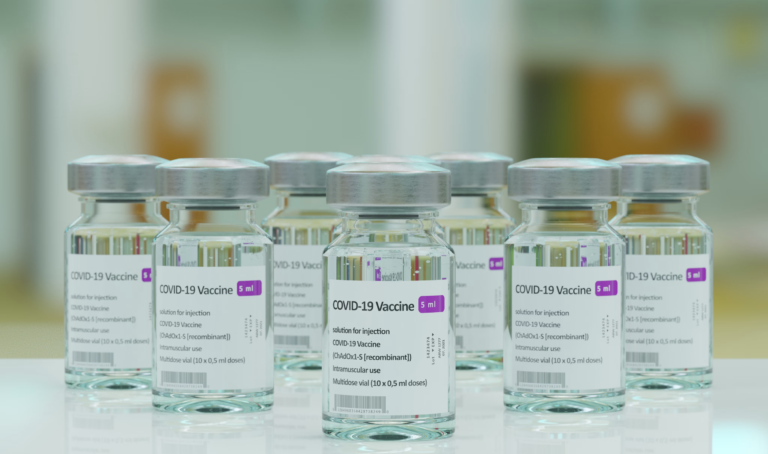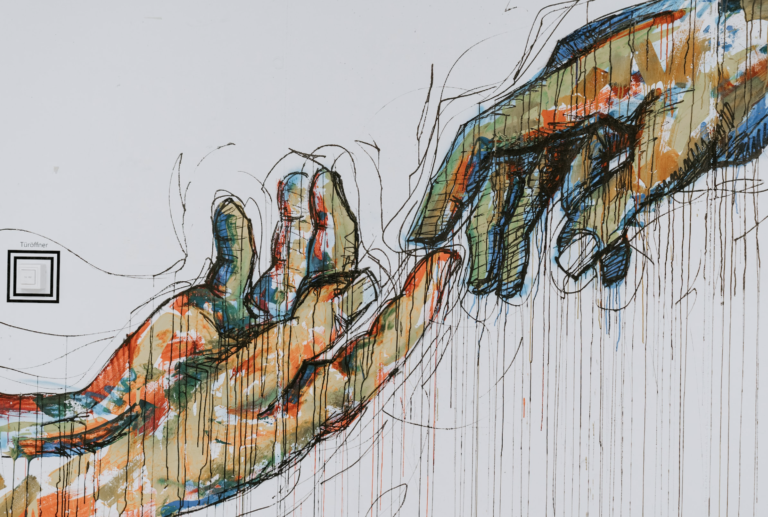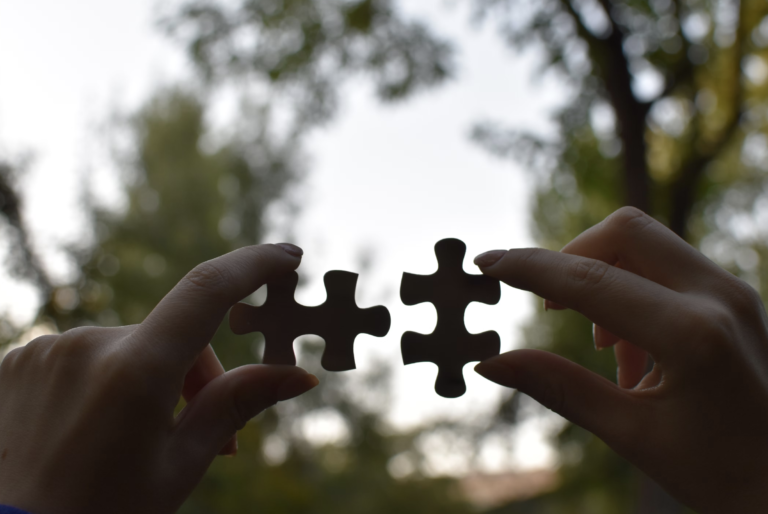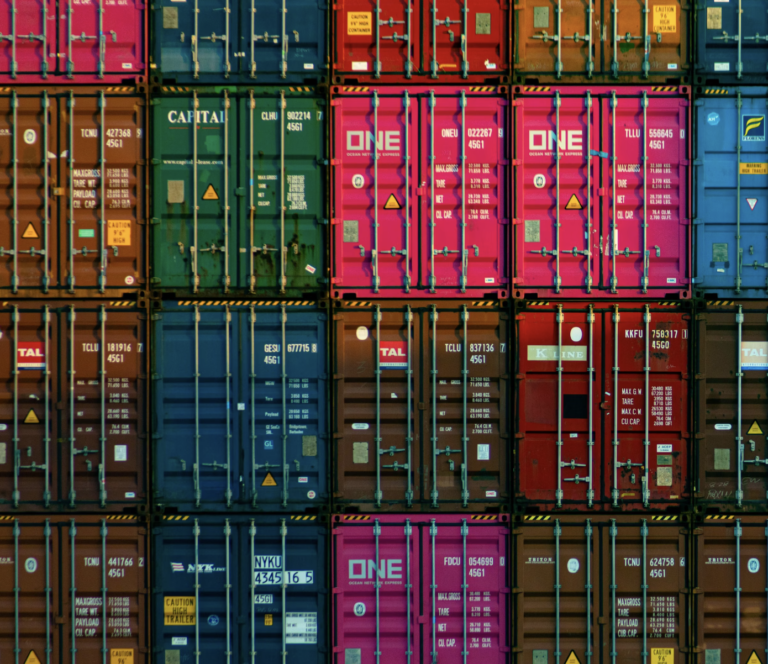
Publications
ETTG offers analysis and evidence-based discussions on all aspects of development cooperation. Outputs range from blogs, policy briefs and collective reports to informal takeaways from network events.
European independent think tanks
The six institutes that compose ETTG cover all aspects of international development and cooperation policy.. They share a strong commitment to higher global welfare, and a strong belief in the importance of better collective action to achieve global goals. As think-tanks, and as policy-focused research institutes, they also share a commitment to effective outreach and engagement with policy-makers and policy processes.
Category
Latest


Africa’s transition from a provider to a key actor of the global energy transition
Innovation for the energy transition is given a prominent role in the green recovery action plan for Africa and the European Union’s Green Deal, with both continents seeking the transformation of their economies to tackle both climate change and the COVID-19 pandemic impacts while improving wellbeing of the population. There are many points of overlap between the two continents’ official agendas. But there are also many open questions and potential tensions especially around: access to energy for sustainable and inclusive industrial development; maintaining competitive value chain; addressing trade barriers; promoting knowledge transfer while protecting intellectual property rights; using gas, and promoting hydrogen. If well-managed, innovation for the energy transition can act as catalyst for a shared prosperity for the two continents. This blogpost was written by the members of the Ukama Platform’s steering committee ahead of the European Union-Africa Union Summit.

Green transformation in Africa-Europe relations: linking energy and adaptation with economic transformation
This report is the outcome of a partnership initiative launched in 2021 by the European Think Tanks Group (ETTG) and the Africa-based Institute for Security Studies (ISS) and United Nations Development Programme (UNDP). Our initiative seeks to advance Africa-Europe relations in the run up to the 6th EU-AU summit in

Laying the foundation for a solid AU–EU partnership
European Think Tanks Group (ETTG), the Institute for Security Studies (ISS) and the United Nations Development Programme (UNDP) joined forces to analyse divergences and seek consensus between the AU and the EU on key issues in the partnership. Drawing on roundtable discussions with experts from Africa and Europe, the group produced a series of policy briefs with proposals to strengthen the partnership between Africa and the EU on green transformation and climate change; economic development and trade; and participatory governance, peace and security. The briefs draw on contributions from more than 70 leading African and European independent experts, knowledge centres and think tanks that contributed reflections and suggested concrete policy recommendations.


Beyond business as usual: Igniting the AU-EU partnership on peace, security and governance
This report is the outcome of a partnership initiative launched in 2021 by the European Think Tanks Group (ETTG) and the Africa-based Institute for Security Studies (ISS), with the support of the United Nations Development Programme (UNDP). Our initiative seeks to advance Africa-Europe relations in the run up to the

The sixth EU-AU Summit: Partners in therapy?
Summits are an inevitable part of the international relations game. But each and every time they end up in disappointments because expectations were too high or longstanding frustrations and irritants on both sides were not openly addressed. To break with this pattern, the partnership should move from an asymmetrical top-down relationship to a more horizontal partnership where both parties negotiate deals on the basis of trust and mutual respect.

Strengthening the AU-EU partnership on the economic development and trade agenda
This brief identifies some of the shared priorities between Africa and the European Union (EU) as well as challenges in their partnership as it currently stands. It also suggests concrete ways forward to strengthen the economic development and trade agenda of the AU-EU cooperation and gives policy recommendations towards a more effective partnership.

